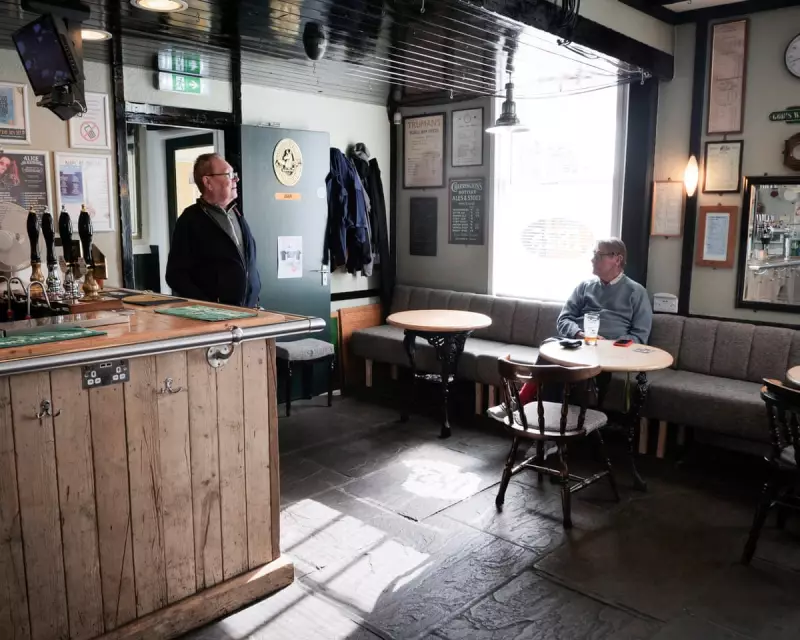
In a victory for preservationists and pub enthusiasts alike, a unique slice of British social history has been officially protected. The Skew Bridge in Woking, Surrey, celebrated as the world's first pub conceived and constructed specifically to serve railway passengers, has been granted Grade II listed status by the Department for Culture, Media and Sport on the advice of Historic England.
This isn't just any local boozer. The Skew Bridge was a direct product of the railway age, built in 1865 by the London and South Western Railway Company. Its very existence was tied to the tracks, designed to cater to the new class of mobile commuters and travellers emerging from Woking's rapidly expanding station.
A Pub Built by the Railway, for the Railway
Its architectural charm lies in its distinctive polychromatic brickwork—a striking pattern of red, black, and yellow bricks—and its elegant arched windows. More than just aesthetics, its location was strategically chosen, sitting directly opposite the station entrance to capture the custom of arriving and departing passengers.
Heritage minister Hannah Rothschild hailed the decision, stating, "The Skew Bridge is a wonderful example of how the arrival of the railways fundamentally changed our social landscape. Listing this pub ensures we preserve a key part of our national story for generations to come."
From Victorian Innovation to Modern Landmark
The listing recognises the pub's exceptional historical and architectural significance. Tony Calladine, Regional Director at Historic England, emphasised its unique status: "While many pubs sprang up near stations, The Skew Bridge is special. It was a commercial venture by the railway company itself, a purpose-built amenity that illustrates the profound impact rail travel had on Victorian society."
The campaign for protection was strongly supported by the local community and groups like the Campaign for Real Ale (CAMRA), who argued that the pub is an irreplaceable part of Woking's identity. The designation means any future alterations to the building must preserve its historic character, effectively shielding it from unsympathetic redevelopment or demolition.
This decision ensures that the clink of glasses will continue to echo within the walls of this pioneering pub, allowing today's travellers to enjoy a pint in the same unique setting as their Victorian counterparts.





